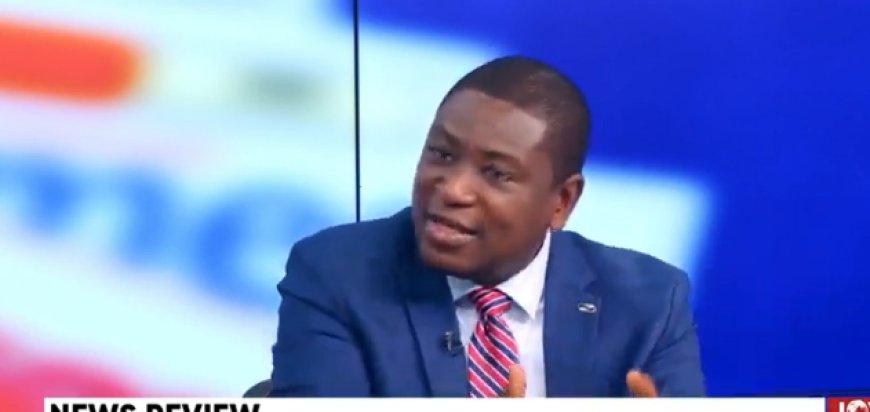Kwadwo Poku Downplays 24-Hour Economy Policy: Calls It ‘Not Feasible’
Kwadwo Poku, a respected voice in Ghana’s energy and policy circles, has dismissed the 24-Hour Economy policy as unrealistic under current conditions. He urges the government to depoliticize the idea, focus on strategic national planning, and avoid turning bold slogans into unachievable promises.

Energy expert and political commentator Kwadwo Poku has voiced strong skepticism about the viability of Ghana’s much-touted 24-Hour Economy policy, describing it as politically driven and practically unfeasible within the country's current economic climate.
Speaking on JoyNews’ AM Show, Poku argued that the policy — championed by some politicians as a transformative initiative — lacks both a clear framework and the financial grounding to succeed. According to him, what began as a campaign slogan has morphed into a loosely defined concept, now detached from practical implementation strategies.
“Initially, they were talking about welders getting cheaper power at night and factories working around the clock. But now, it’s been branded into something vague. There’s no clear national policy document backing it,” Poku stated.
Financial and Structural Concerns
Poku further explained that the policy’s implementation would require an estimated $4 billion, or up to $14 billion if bundled with other proposed initiatives like the “Big Push” infrastructure drive. He questioned the feasibility of raising such funds, especially when Ghana is still managing a $3 billion loan facility from the International Monetary Fund (IMF).
“You can't just pull billions from the air,” he said. “If you add this to the Big Push agenda, we’re talking about over $14 billion. Where is the money coming from?”
He also pointed out that Ghana’s current credit rating of B– would deter most private investors from committing to such a massive project without a concrete guarantee of returns.
Beyond Politics: Need for National Planning
Although critical, Poku stopped short of entirely dismissing the idea. Instead, he called for the policy to be absorbed into a long-term national development plan led by the National Development Planning Commission (NDPC).
“We need to take politics out of this. Let the NDPC study it, consult all stakeholders, and gradually roll it into the national development framework. Not everything should be squeezed into a four-year political cycle.”
Energy Supply and Workforce Gaps
Poku also stressed the importance of stable electricity supply and workforce readiness if a 24-hour economic model is to be pursued seriously. He argued that without round-the-clock power, security infrastructure, and a skilled labor pool willing to work night shifts, the idea remains an illusion.
His comments come amid ongoing debate over the practicality of transforming Ghana into a 24-hour working economy, especially as unemployment and economic recovery dominate public discourse in the lead-up to the 2025 general elections.
What's Your Reaction?





















































































